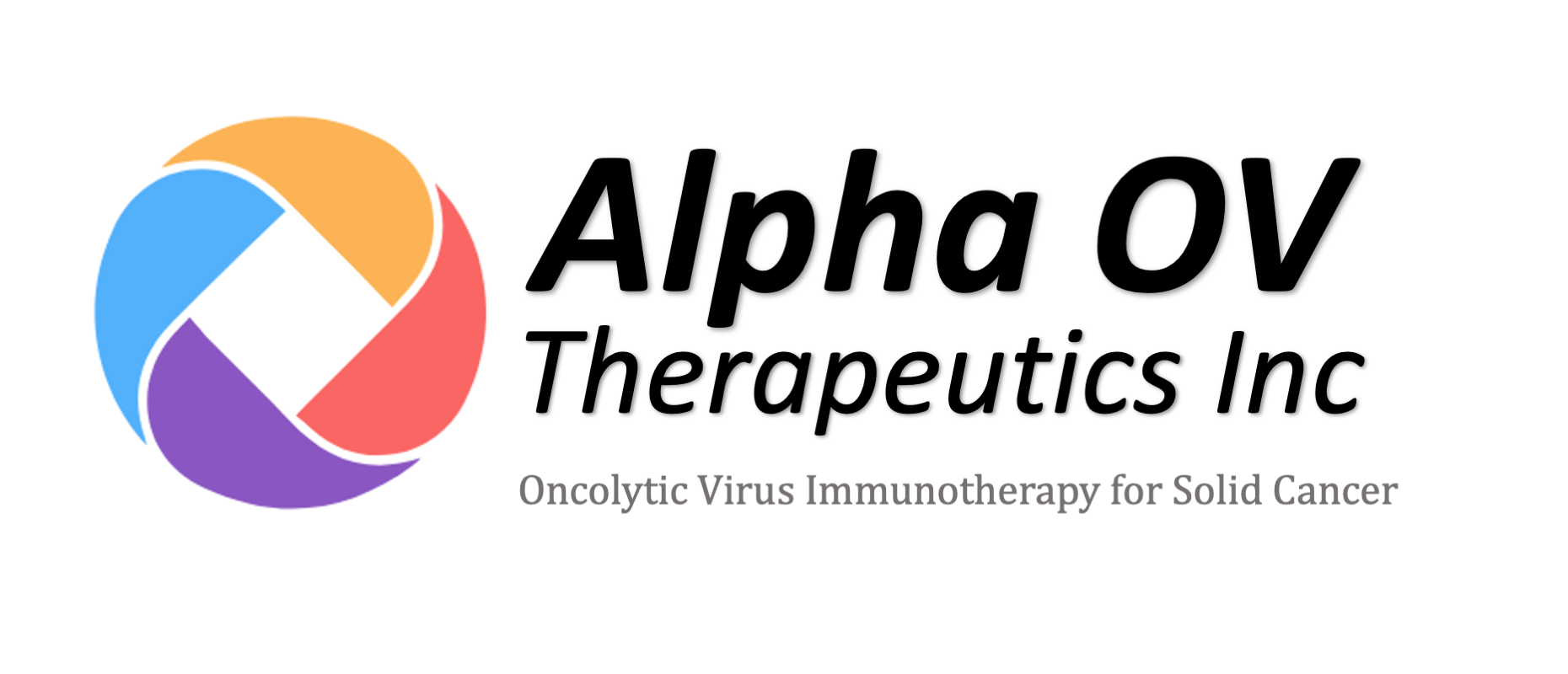Cancer treatment has entered an exciting new era with the latest study by Zhong et al., published in Cell, which showcases a hyperacute rejection-engineered oncolytic virus as a game-changing approach to treating refractory cancers. This innovative therapy, using a genetically modified Newcastle disease virus (NDV-GT), has demonstrated remarkable efficacy in both preclinical and clinical trials, bringing fresh hope to patients with advanced cancers.
Revolutionizing Oncolytic Virus Therapy
Oncolytic viruses (OVs) have long been studied for their ability to selectively infect and destroy cancer cells while sparing normal tissue. However, traditional OVs face major challenges, such as limited immune activation and poor response rates. To address these limitations, the research team developed NDV-GT, a genetically engineered Newcastle disease virus carrying the α1,3GT gene. This gene triggers a powerful hyperacute rejection response against tumor cells, significantly enhancing immune activation and tumor destruction.
Key Findings from the Study
The study highlights several major breakthroughs:
- Enhanced Tumor Destruction: NDV-GT demonstrated superior tumor-lysing capabilities, leading to high response rates in preclinical models, including CRISPR-engineered monkey models of liver cancer.
- Strong Immune Activation: The virus successfully stimulated both humoral and cellular immune responses, overcoming the immunosuppressive tumor microenvironment.
- Safe and Effective in Clinical Trials: In a Phase I clinical trial involving 20 patients with diverse refractory cancers, NDV-GT achieved a 90% disease control rate with no severe adverse effects.
- Durable Responses: Patients with liver, ovarian, rectal, lung, breast, and cervical cancers showed significant tumor shrinkage and long-lasting responses.
How NDV-GT Works
The secret behind NDV-GT’s success lies in its dual mechanism:
- Direct Oncolysis – The virus selectively infects and destroys tumor cells.
- Hyperacute Rejection Activation – The introduction of the α1,3GT gene causes tumor cells to express the αGal antigen, which is rapidly recognized by the immune system, leading to a powerful rejection reaction. This results in:
- Blood clot formation in tumor vessels, cutting off nutrient supply.
- Immune cell infiltration, enhancing tumor destruction.
- Amplified anti-tumor immune responses, leading to long-term control.
Clinical Impact and Future Potential
The success of NDV-GT paves the way for a new class of highly potent, immune-activating oncolytic therapies. With its ability to elicit strong immune responses while maintaining safety, NDV-GT holds immense promise for patients with treatment-resistant cancers. The study also highlights the potential for combining NDV-GT with existing immunotherapies, such as checkpoint inhibitors, to further boost therapeutic efficacy.
Conclusion
The development of NDV-GT represents a significant milestone in the field of oncolytic virotherapy. By harnessing the power of hyperacute rejection, this novel therapy provides a new hope for patients with advanced, refractory cancers. As larger clinical trials progress, NDV-GT could soon become a standard treatment, revolutionizing cancer care as we know it.


Leave a Reply